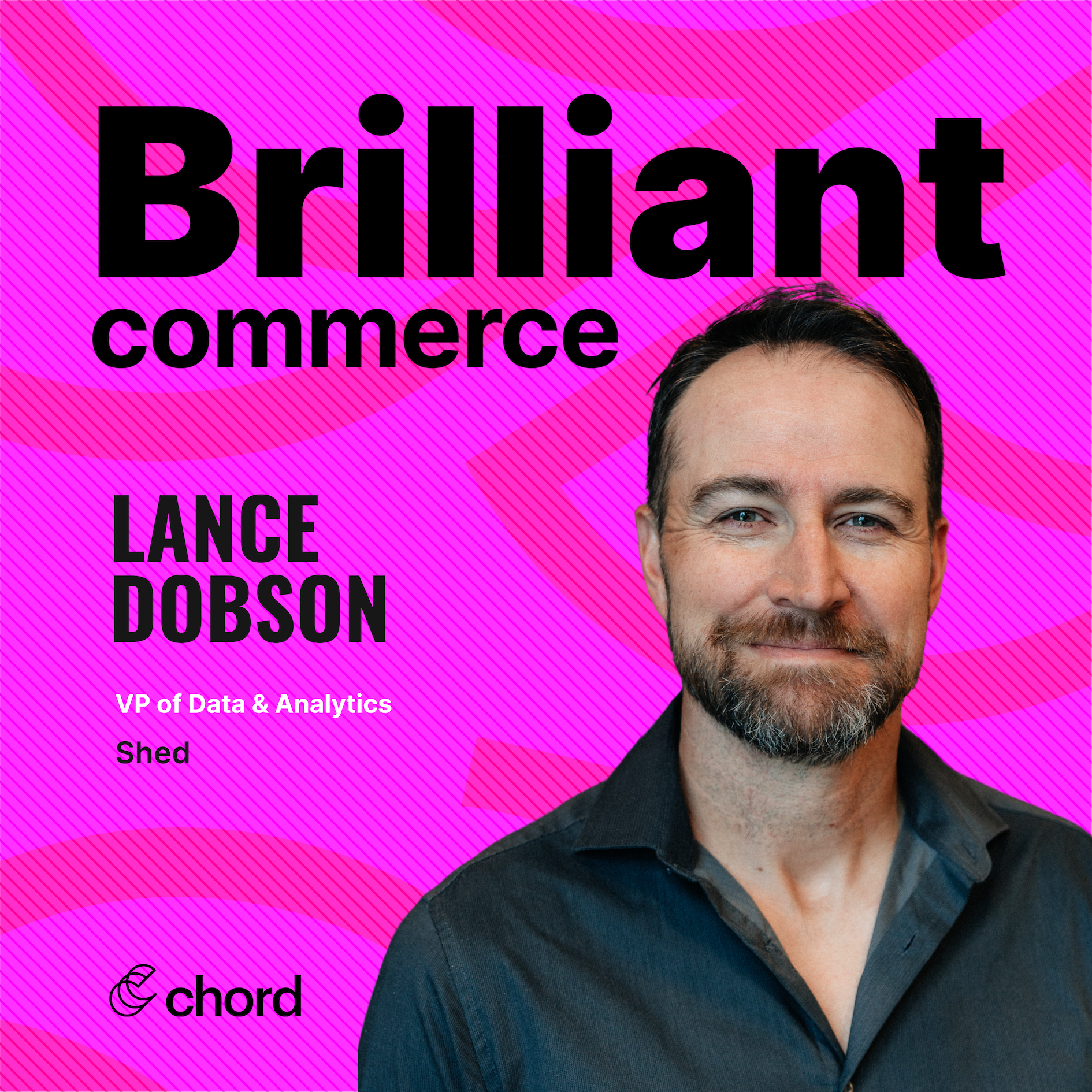Forbes consistently ranks in the top five most trusted publications in the US, but that credibility means nothing if you can't monetize it. Emily Jackson reveals how Forbes Vetted has had to completely rebuild their revenue model as 40% of Gen Z shifted to YouTube, TikTok and Instagram for product recommendations—platforms where traditional last-click affiliate attribution simply doesn't work.
Topics Discussed
Operational separation between editorial and monetization teams - The specific organizational structure Forbes uses to maintain recommendation credibility: content teams operate independently from business development, featuring products regardless of commission potential, with clear processes for when monetization opportunities don't exist
Platform-specific content reformation beyond repurposing - Why Forbes creates entirely different content for social platforms versus search-optimized roundups, including how newsletter content strategy differs from SERP-targeted articles and the conversion implications of each format
Shifting from last-click to influence-based advertiser conversations - How Forbes repositions with performance marketers: moving beyond bottom-funnel attribution to capture branding budgets by demonstrating influence throughout extended consideration cycles, especially for high-ticket items like $2,000 AR headsets
Revenue threshold-based prospect targeting methodology - Forbes targets CMOs at companies under $100 million but shifts focus to VP/Senior Director levels above that threshold, with Emily citing Glossier's CMO remaining hands-on even at $200 million revenue as an exception to the rule
Live events commerce integration for offline attribution - Connecting Forbes' events business with commerce content to reach high-net-worth audiences through activations where traditional tracking methods don't apply, requiring hybrid attribution approaches
AI implementation with content creation boundaries - Specific AI applications Forbes uses: data analysis acceleration, content strategy recommendations, meeting summaries, and deck reviews—while maintaining strict human-only policies for actual product testing and editorial content
Monetization diversification beyond affiliate commissions - The complete revenue mix shift from pure affiliate to branded content, display advertising, video monetization, and newsletter ads as social platform attribution challenges traditional commission models
Product recommendation value thesis in an AI search world - Emily's framework for why trusted human product testing becomes more valuable as AI agents emerge: agents may pre-filter options, but consumers still want authentic human validation for purchase decisions
Follow Brilliant Commerce:
🎧 Listen on Apple
🎵 Tune in on Spotify
🎥 Watch on YouTube

.jpg)



